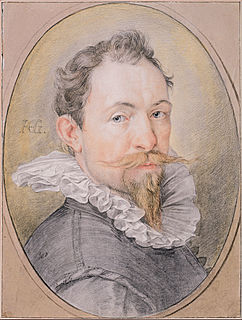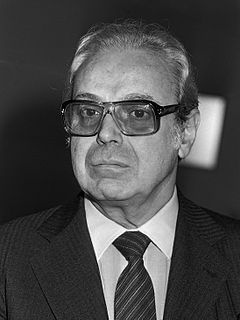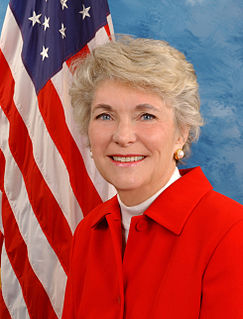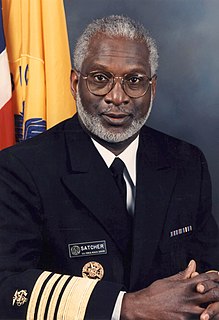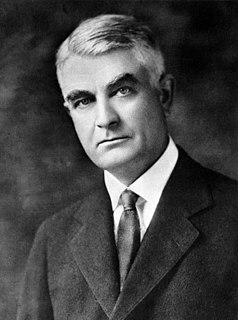A Quote by Ambrose Bierce
Prescription: A physician's guess at what will best prolong the situation with least harm to the patient.
Related Quotes
Doctor Johnson said, that in sickness there were three things that were material; the physician, the disease, and the patient: and if any two of these joined, then they get the victory; for, Ne Hercules quidem contra duos [Not even Hercules himself is a match for two]. If the physician and the patient join, then down goes the disease; for then the patient recovers: if the physician and the disease join, that is a strong disease; and the physician mistaking the cure, then down goes the patient: if the patient and the disease join, then down goes the physician; for he is discredited.
As a physician, I see the earth as a patient in the intensive care unit. We have an acute clinical crisis on our hands and must take urgent action. My prescription for survival is that the American people rise up as they did in the 1980s, when 80 percent of Americans supported the nuclear weapons freeze.




